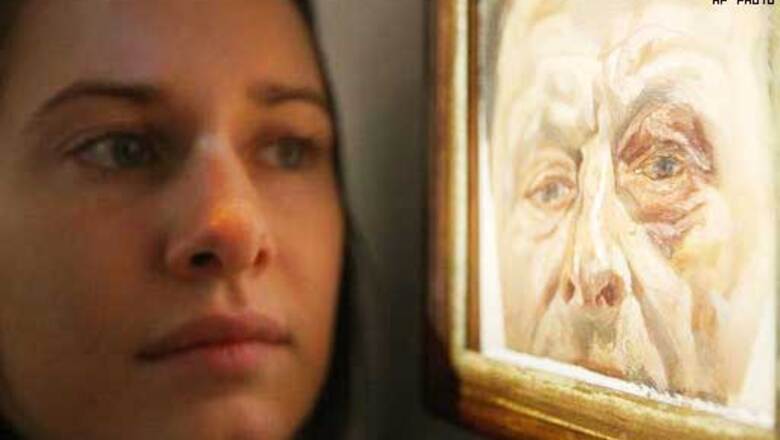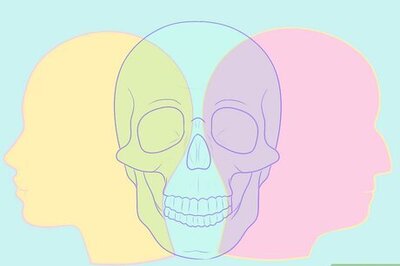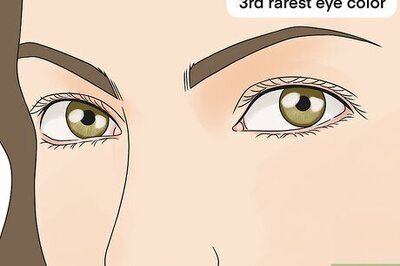
views
New York: A portrait once believed to have been painted by Leonardo da Vinci sold for more than $1.5 million in New York on Thursday, around treble the top price estimated ahead of the auction.
Auction house Sotheby's said another version of the portrait, La Belle Ferronniere, is in the Louvre in Paris and it is that painting that is now generally agreed to have been by Da Vinci himself or one of his pupils, while the painting sold in New York was a later copy.
The painting is thought to be of Lucrezia Crivelli who was a mistress of Ludovico Sforza, the Duke of Milan, and was painted sometime before 1750 by a follower of the Renaissance master.
But for more than 80 years the identity of the artist was in dispute and the controversial work was the subject of a slander trial in the 1920s, as well as two books.
"The story of La Belle Ferronniere is as much about the aesthetic and scientific foundations of modern art history as it is about the authenticity of the painting itself," Sotheby's said in a catalogue note.
Sotheby's said on its website that the painting, artist unknown, sold on Thursday for $1.538 million, compared to pre-auction estimates of $300,000-$500,000. It did not give details of the buyer.
La Belle Ferronniere was brought to the United States in 1920 by newlyweds Harry Kahn, an American serviceman during World War One, and his French wife, Andree, who received the painting in 1920 as a wedding gift from her grandmother.
It was thought to be have been painted by Vinci and authenticated by a French art expert.
But when Kahn later tried to sell it to the Kansas City Art Institute in the United States for $250,000, Joseph Duveen, a leading art dealer in London, told a reporter who questioned him about the sale that he was sure it was a fake.
This sparked a decade long legal battle that brought into question Duveen but also the very foundations of connoisseurship, according to Sotheby's.
The deal fell through and Kahn's wife sued Duveen for slander, claiming he was trying to control the art market.
The case riveted the art world. Although other art experts supported Duveen's assessment, because of a lack of scientific and archival evidence the jury failed to reach a verdict.
Duveen settled out of court before a retrial.
Experts believe the portrait must date before 1750 because it contains lead-tin yellow, a colour that was used in paintings up until the late 17th century.
Unlike the Louvre version, which was painted on a poplar panel, typical during Vinci's time, the Hahn painting was done on canvas, which was commonly used much later.




















Comments
0 comment